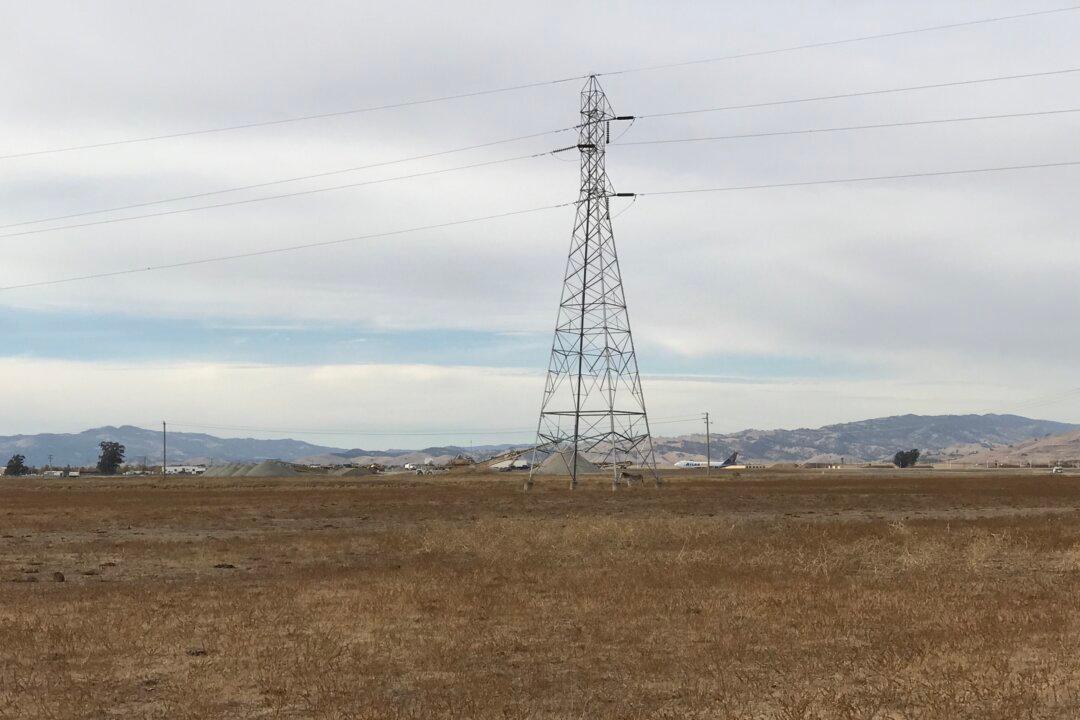Solano County voters will decide during the presidential election in November if the county should have a new city, located between San Francisco and Sacramento.
California Forever—a nonprofit set up specifically for this purpose—seeks to build a new community in the county’s southeastern territory that would eventually accommodate 450,000 residents.





